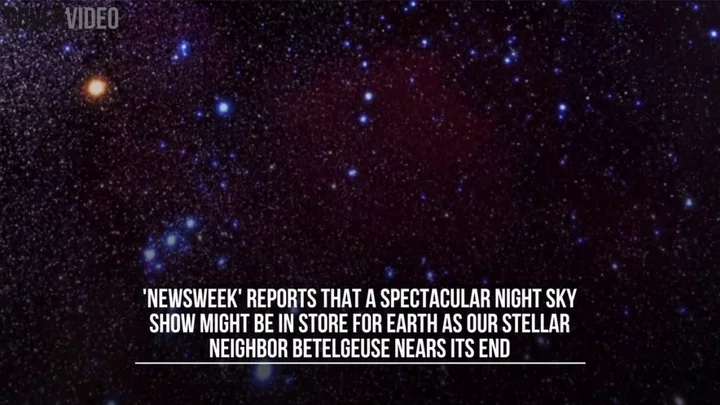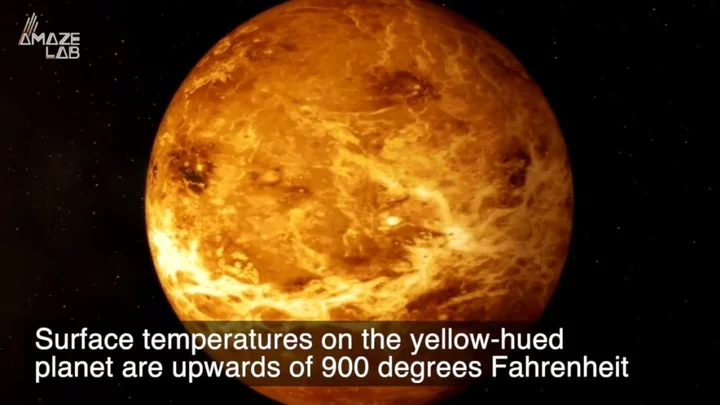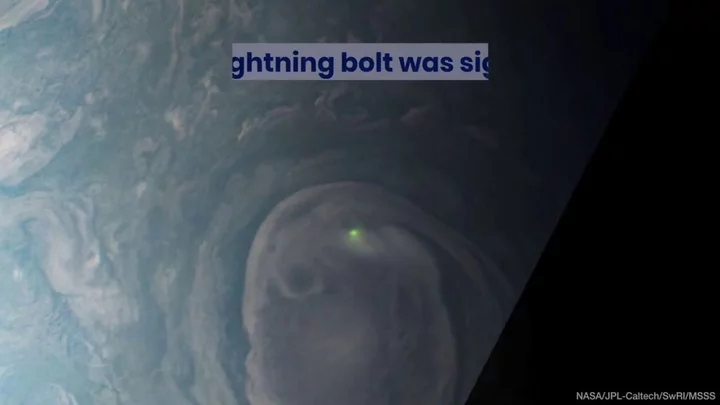Scientists have been studying a “space ghost” which could be due to explode in just a few decades, changing the night sky forever – if it hasn’t already, that is.
The object in question is a large star called Betelgeuse and the scientific community is divided over whether or not it’s already become a supernova.
One theory states that the light from Betelgeuse takes so long to reach Earth it could mean the huge explosion has already taken place.
Betelgeuse has been a supergiant red star for an estimated 40,000 years, but that could change relatively soon.
Sign up to our free Indy100 weekly newsletter
Michael Shara is the curator of astrophysics at the American Museum of Natural History. He told the US Sun: "Betelgeuse lies somewhere between about 450 and 550 light years from Earth."
He went on to say: "Betelgeuse’s position appears to change slightly, as seen from Earth, between June and December, when the Earth is on opposite sides of its orbit around the Sun.
"That tiny change in position is a direct measure of the distance to Betelgeuse."
He went on to expand on the theory by saying: "Let's assume that Betelgeuse is precisely 500 light years distant.
"If Betelgeuse exploded as a supernova anytime in the past 499 years, the light from that event has not yet had enough time to reach Earth…so we have no way of knowing if Betelgeuse has already blown up.
"If, for example, Betelgeuse blew up in 1600 AD, we won’t know about it until the year 2100. But if it blew up on August 1, 1523, then on August 1, 2023 it will become about as bright as the full Moon.
"The only naked eye supernova of the past century occurred in 1987… all astronomers would be thrilled and delighted if Betelgeuse (or another dying star) graced our night sky with a supernova in the coming decades."
Have your say in our news democracy. Click the upvote icon at the top of the page to help raise this article through the indy100 rankings.









